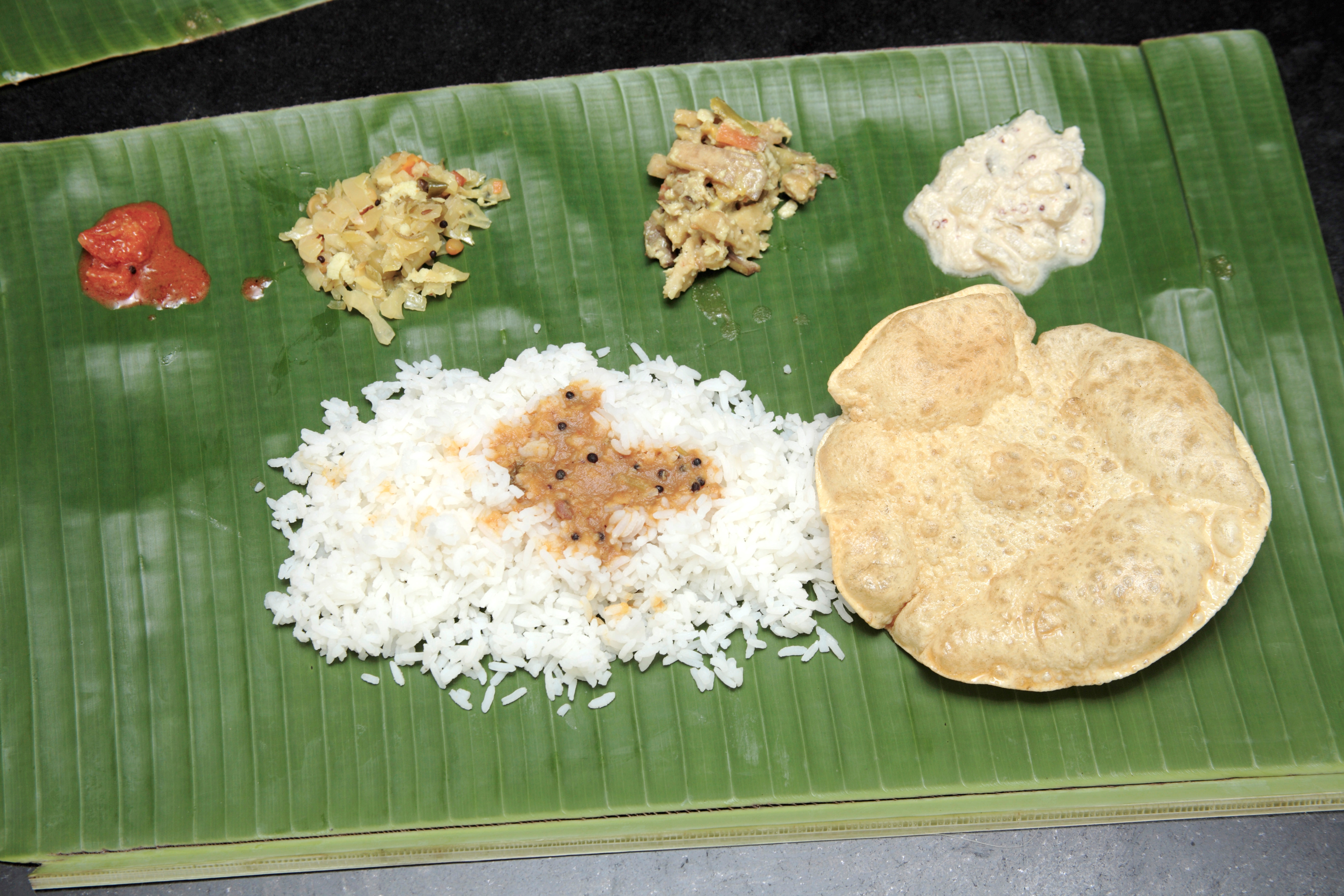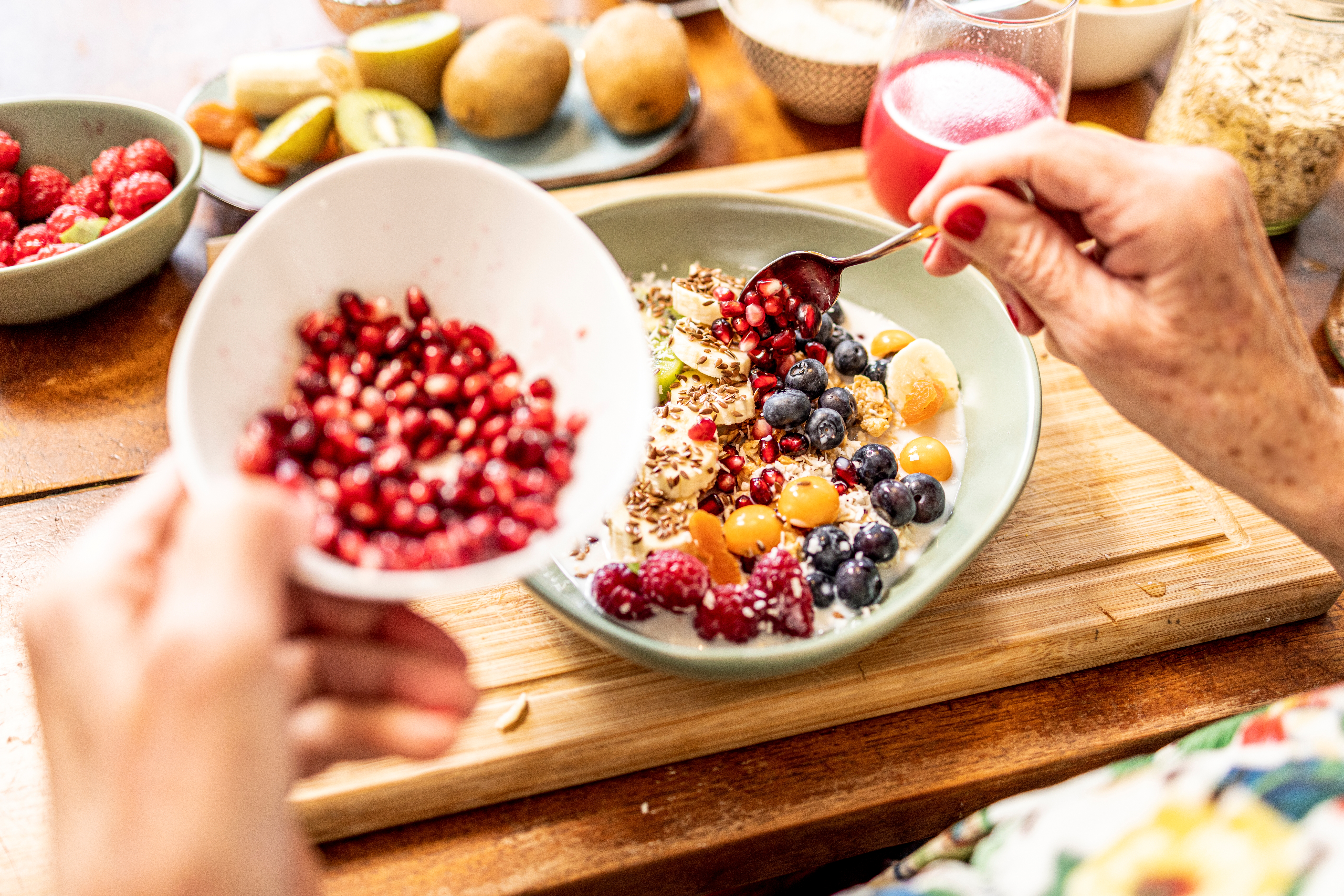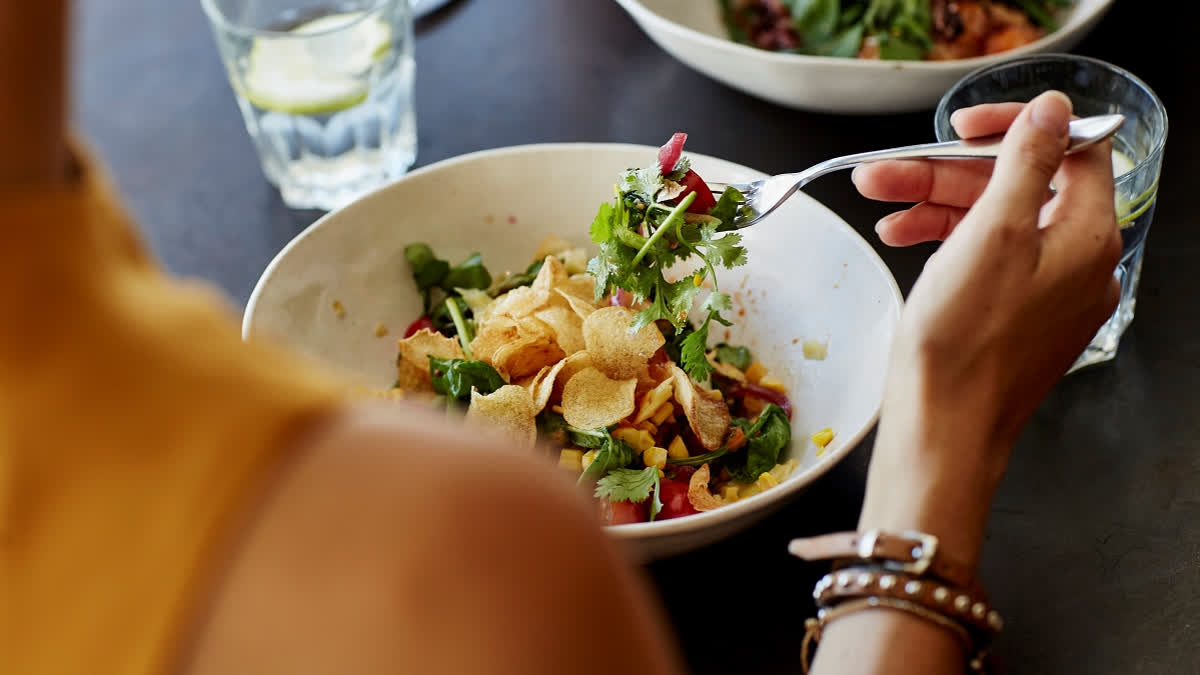A good diet is key to good health, but the timing of your meals is also crucial. The body handles energy differently depending on when you eat, so it's important to match your mealtimes to your body clock. Failing to do so may spike fat-storing hormones and cancel out the benefits of a healthy diet. Here are some guidelines for scheduling your meals.
Breakfast
In the morning, your body needs energy, so it's important to fuel it properly. Breakfast is often overlooked, but starting the day on an empty stomach can leave you feeling drained and reaching for unhealthy foods later in the morning. It's best to eat breakfast within 30 minutes of waking up and before 10 am. Skipping breakfast is linked to a higher BMI. Good breakfast options include eggs, Greek yoghurt, fruits, coffee, and quinoa.
Lunch

The temptation to postpone lunch due to work and deadlines can lead to overeating or making less healthy choices later in the day. It's best to have lunch after four or five hours of eating breakfast. For example, if you ate breakfast at 7 am, plan to have lunch at 11 am or noon. Research suggests that an earlier lunch may help with weight management.
Dinner

Dinner should follow a similar schedule to your earlier meals. Avoid high-calorie meals just before bedtime, as this can interfere with sleep quality and lead to chronic diseases. Try to avoid overeating and ensure there are no more than four to five hours between lunch and dinner.
Workout Meal Timings
The timing of your pre-and post-workout meals is crucial for your workout routine's results.
Pre-Workout:
Fuel your body about one to four hours before a workout, depending on how your body tolerates food. Avoid eating immediately before a workout, as it can cause gastrointestinal discomfort.

Post-Workout:
Try to eat within an hour of completing an intense workout. Focus on consuming carbohydrates or protein after a workout session.



